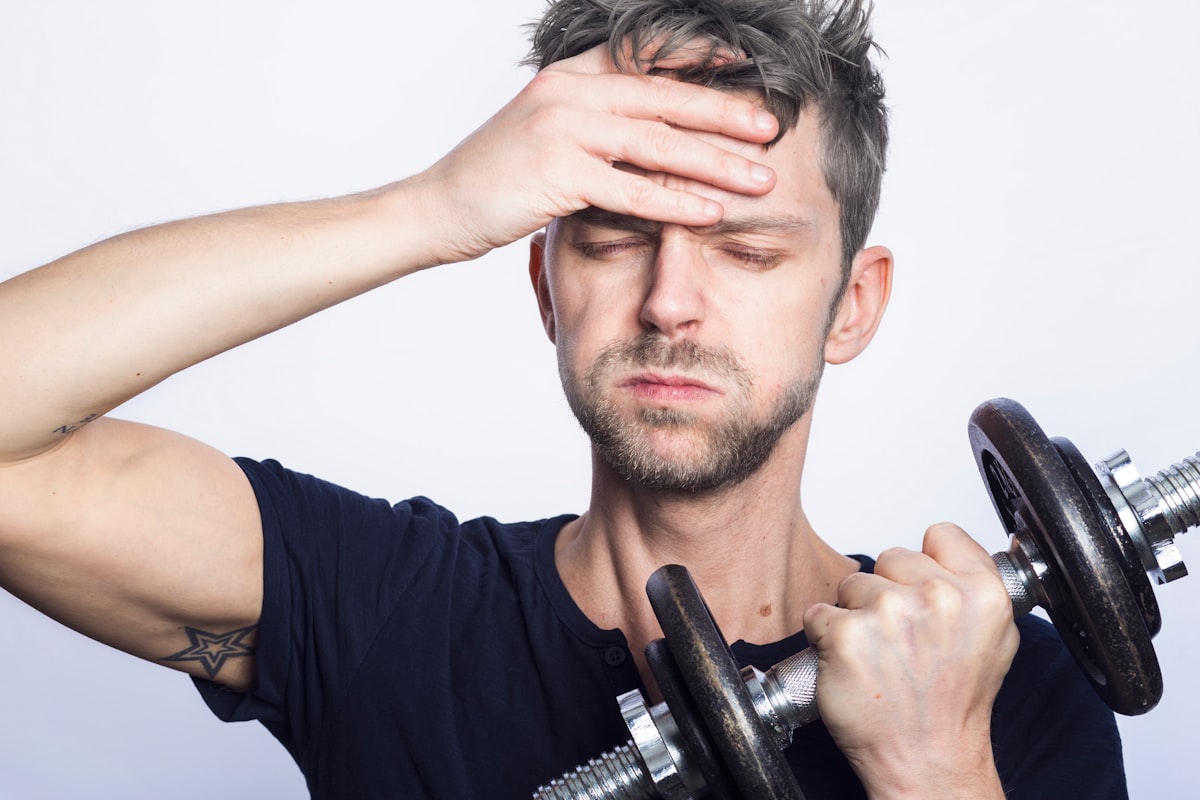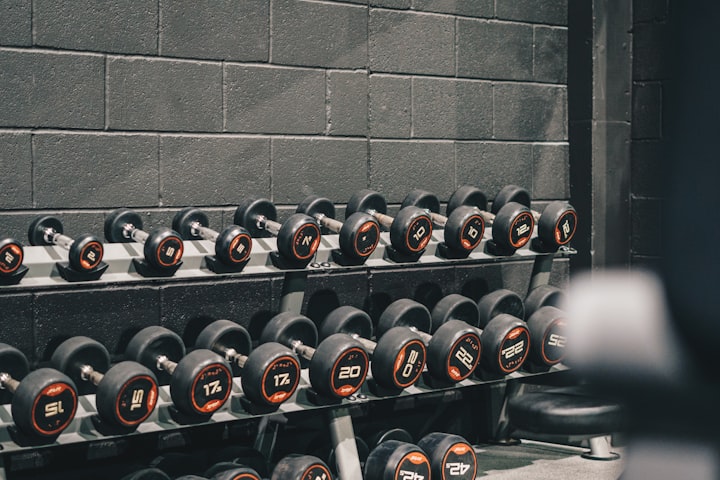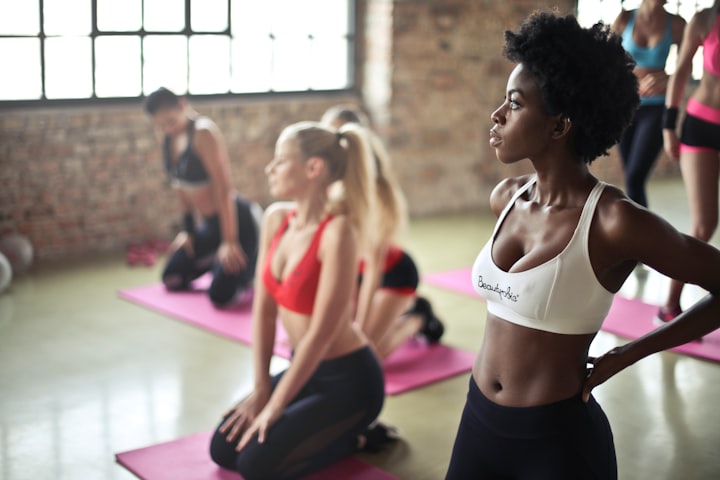What happens when you exercise when your body is tired?
Adults should acquire 150 minutes of moderate-intensity or 75 minutes of vigorous-intensity exercise per week to stay healthy. What happens when you exercise tired? Your body behaves differently when you exercise while well-rested. This article examines how tiredness impacts exercising.

Exercise is a vital part of maintaining good health, and it's recommended that adults get at least 150 minutes of moderate-intensity exercise or 75 minutes of vigorous-intensity exercise per week. But what happens when you exercise while tired? The answer is that your body reacts differently than when you exercise while well-rested. In this article, we will explore how exercise affects the body when it is tired.
How can we define this term?
First, let's define what we mean by "tired." Tiredness can refer to a lack of sleep, a feeling of fatigue, or a general sense of low energy. In any case, when the body is tired, it is not operating at its optimal level, and this can affect the way it responds to exercise.
Cardiovascular Health
One of the primary ways that exercise affects the body when it is tired is through the cardiovascular system. During exercise, the heart beats faster, and blood is pumped to the muscles to provide them with the oxygen and nutrients they need to function. When the body is tired, the heart may struggle to keep up with the increased demand for blood flow, and this can lead to a feeling of fatigue and shortness of breath.
Use of Energy
In addition to affecting the heart, tiredness can also impact the way the body uses energy. When you exercise, your body burns calories to fuel your muscles. However, when you are tired, your body may not be able to efficiently use the energy it has stored, and this can make exercise feel more difficult. This is because tiredness can lead to a decrease in the levels of glycogen, a stored form of glucose that is used for energy during exercise.
Hormonal Balance
Another way that exercise affects the body when it is tired is through the release of hormones. When you exercise, your body releases endorphins, which are natural painkillers that can help to reduce feelings of stress and anxiety. However, when you are tired, your body may not be able to produce enough endorphins, and this can lead to a feeling of exhaustion and low mood.
Immune System
Exercise can also affect the immune system, and when the body is tired, it may be more susceptible to infection. This is because the immune system relies on energy to function, and when the body is tired, it may not be able to mount an effective defense against invading pathogens. In addition, exercise can cause temporary inflammation in the body, and when the body is already in a state of fatigue, this can exacerbate feelings of inflammation and discomfort.
Let’s take on a different approach - The Positives:
Sleep Quality
Despite these challenges, exercise can still be beneficial when the body is tired. For one, exercise can help to improve sleep quality, which can alleviate feelings of fatigue and improve overall well being. Exercise can also help to improve mood and reduce stress, which can be particularly helpful when the body is feeling low.
Endurance
Exercise can help to build endurance and improve cardiovascular health over time, even when the body is initially fatigued. How? Well, here are a few reasons:
This is because the body is adaptable
It can learn to function more efficiently even in a state of tiredness.
To get the most out of exercise when the body is tired, it's important to take steps to mitigate the effects of fatigue. This may include:
- Enough sleep
- Staying hydrated
- Fueling the body with healthy foods that provide sustained energy
- Adjusting the intensity and duration of exercise to better suit the body's needs
- You may want to switch to a lower-intensity activity like yoga or walking.
In conclusion, exercise affects the body differently when it is tired than when it is well-rested. Tiredness can impact the cardiovascular system, energy levels, hormones, and the immune system, making exercise feel more challenging. However, exercise can still be beneficial when the body is tired. You need to make sure to leverage the benefit out. It is important to allow your body to rest. You can listen to your body and take action


